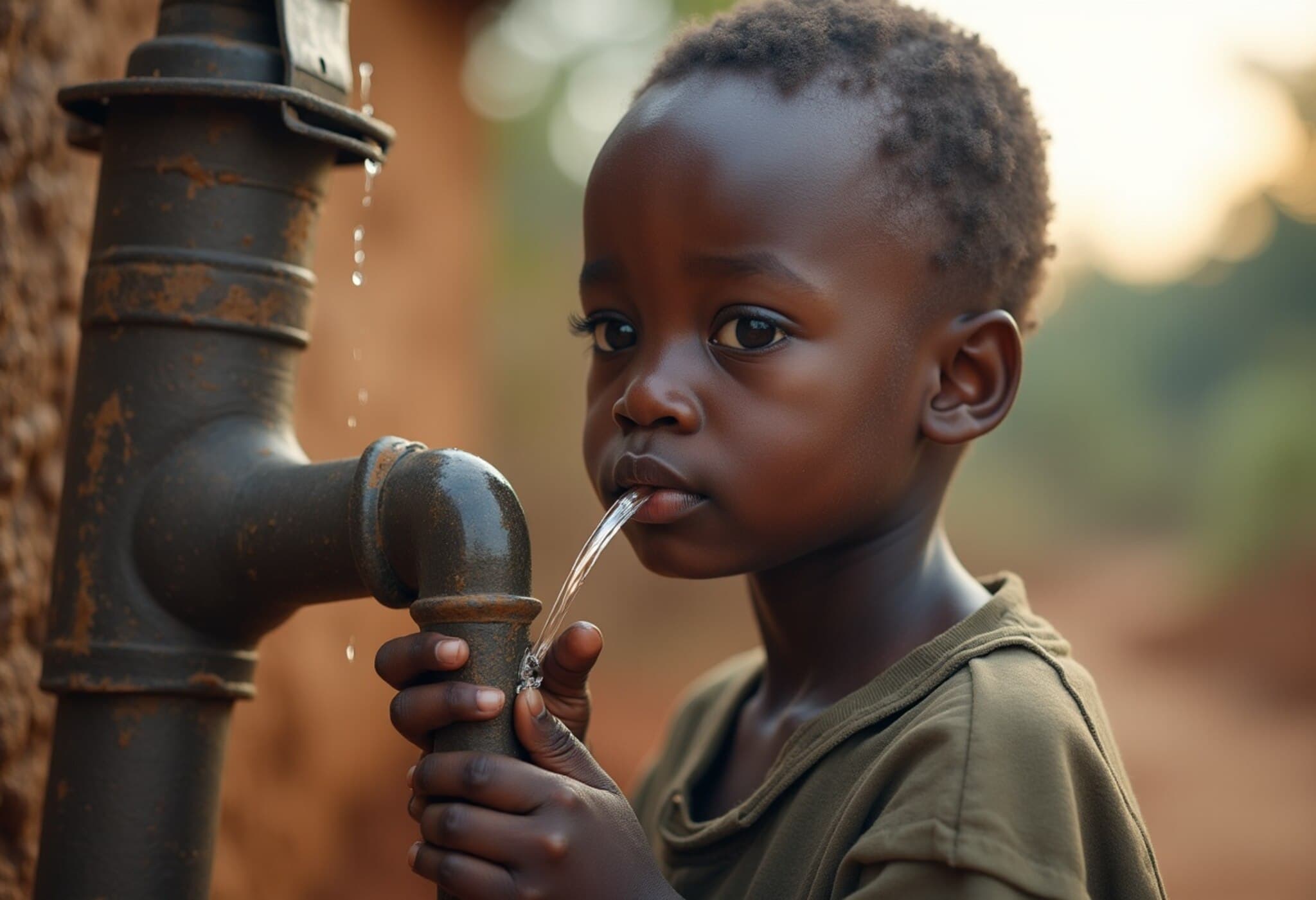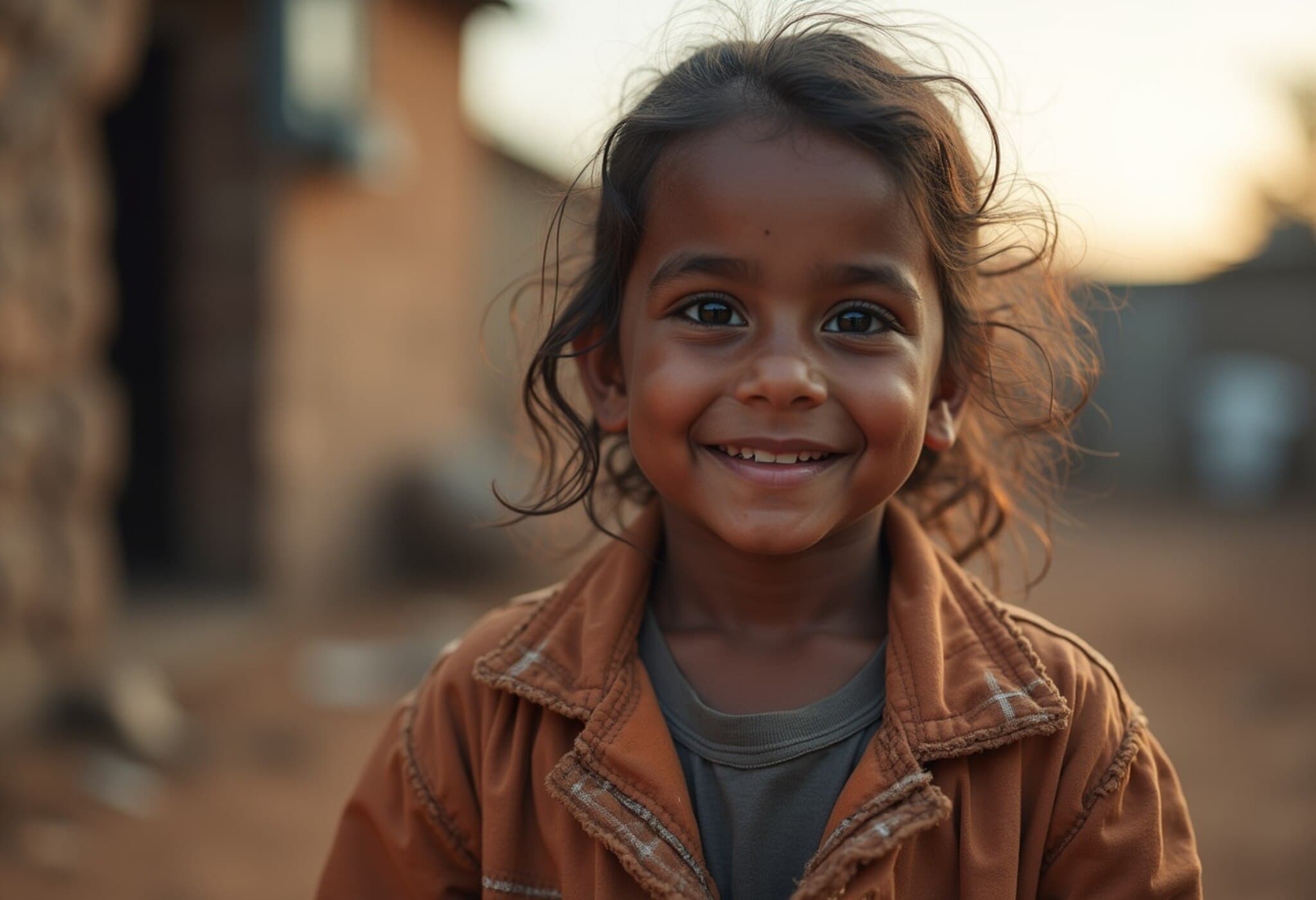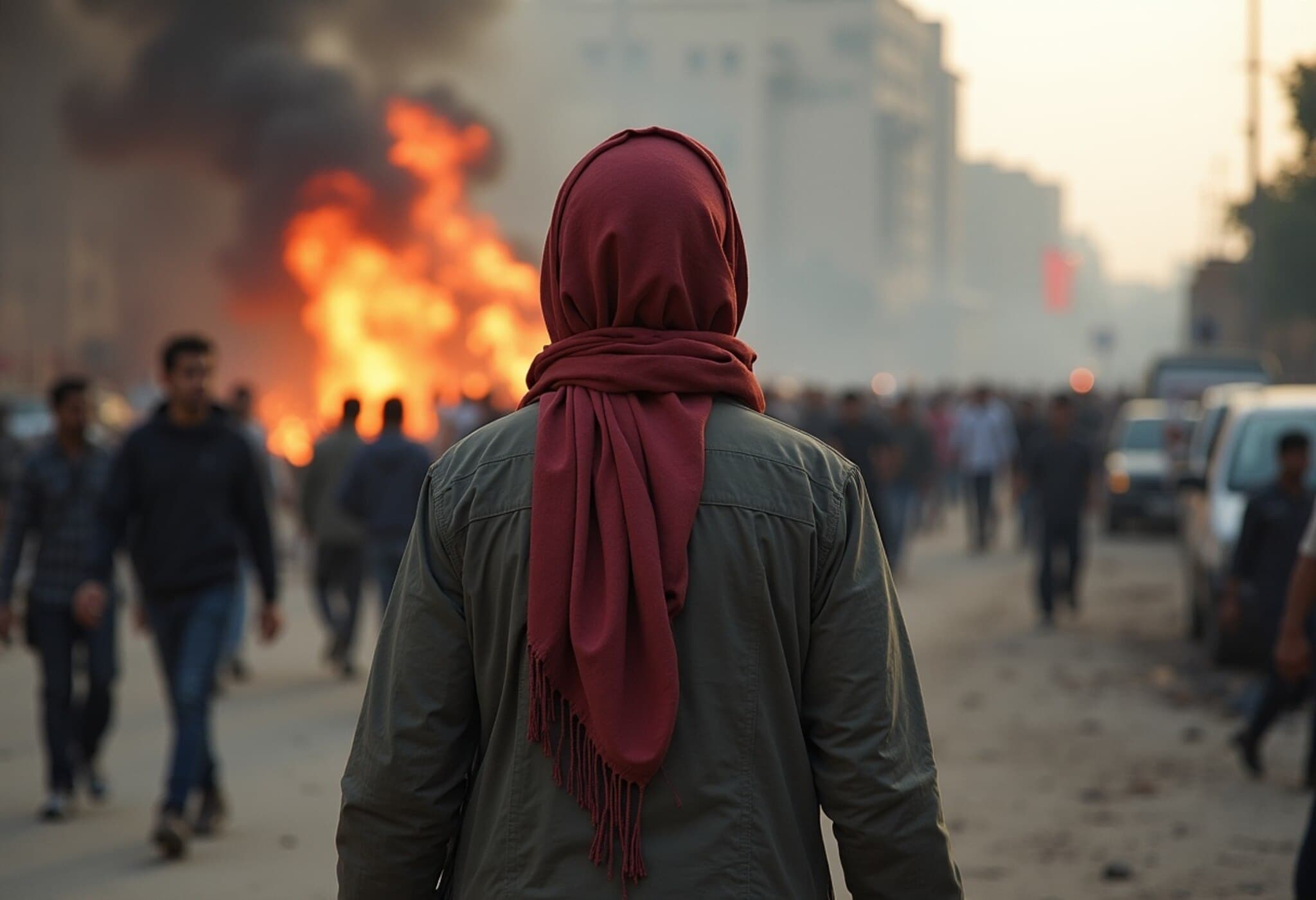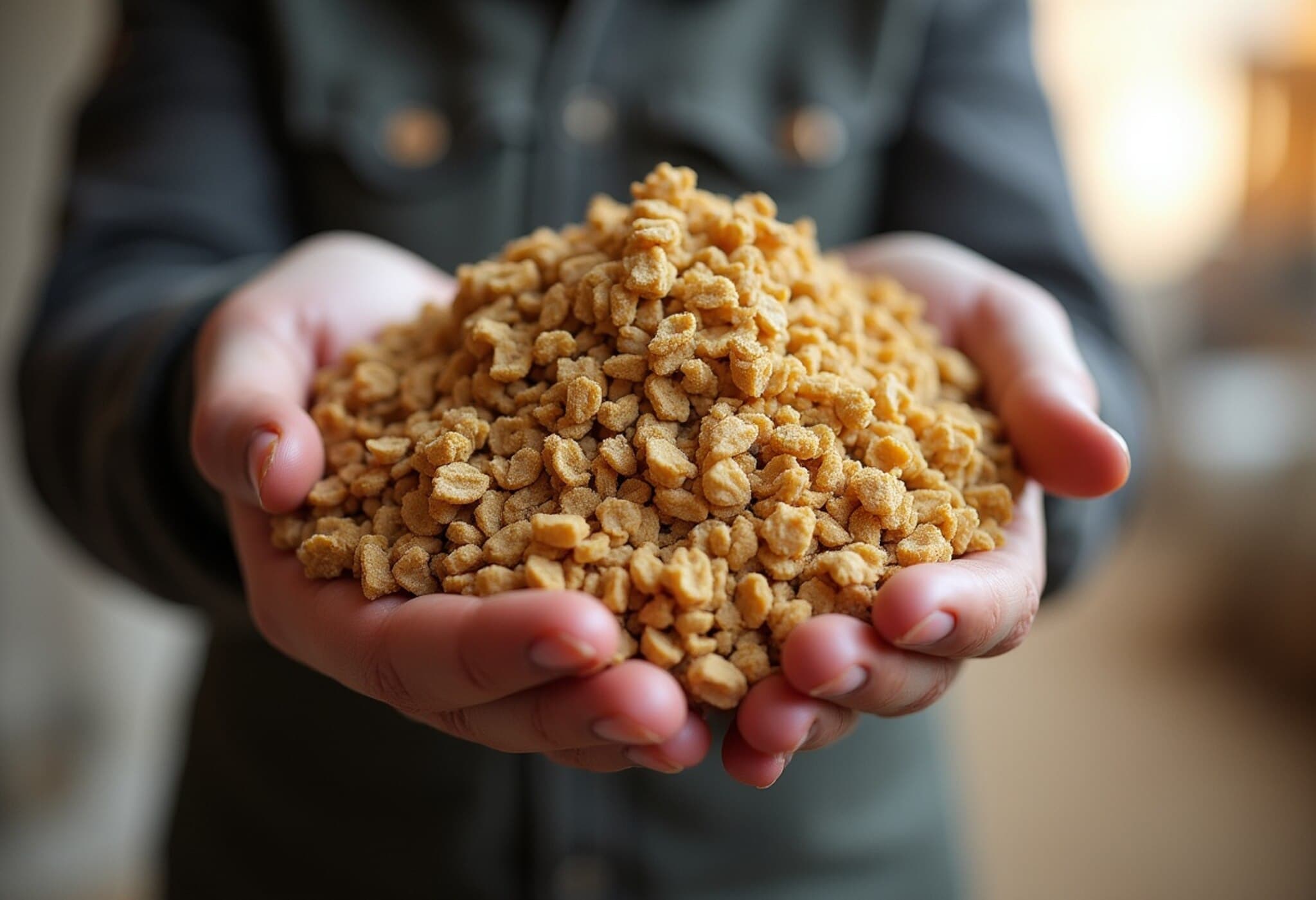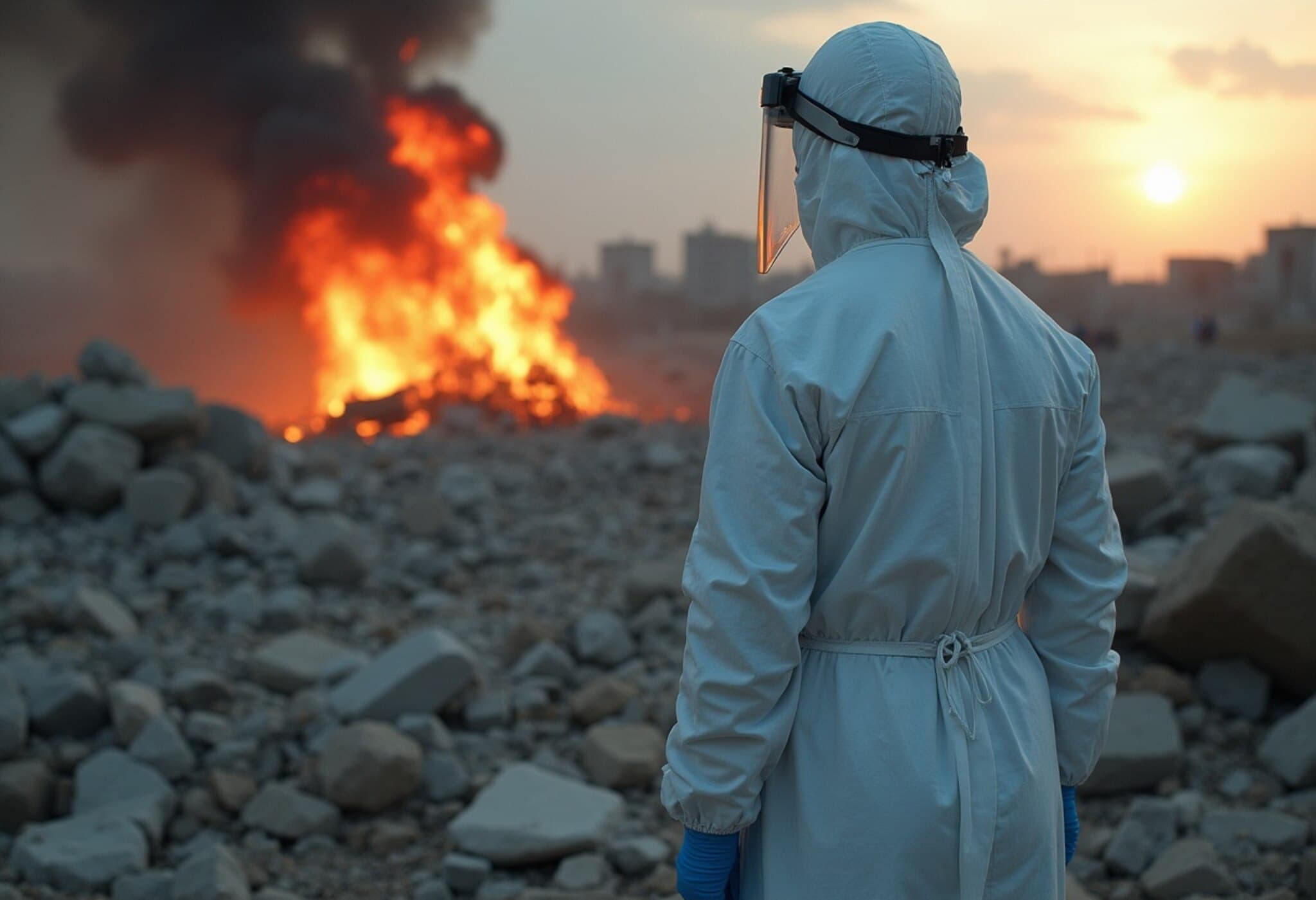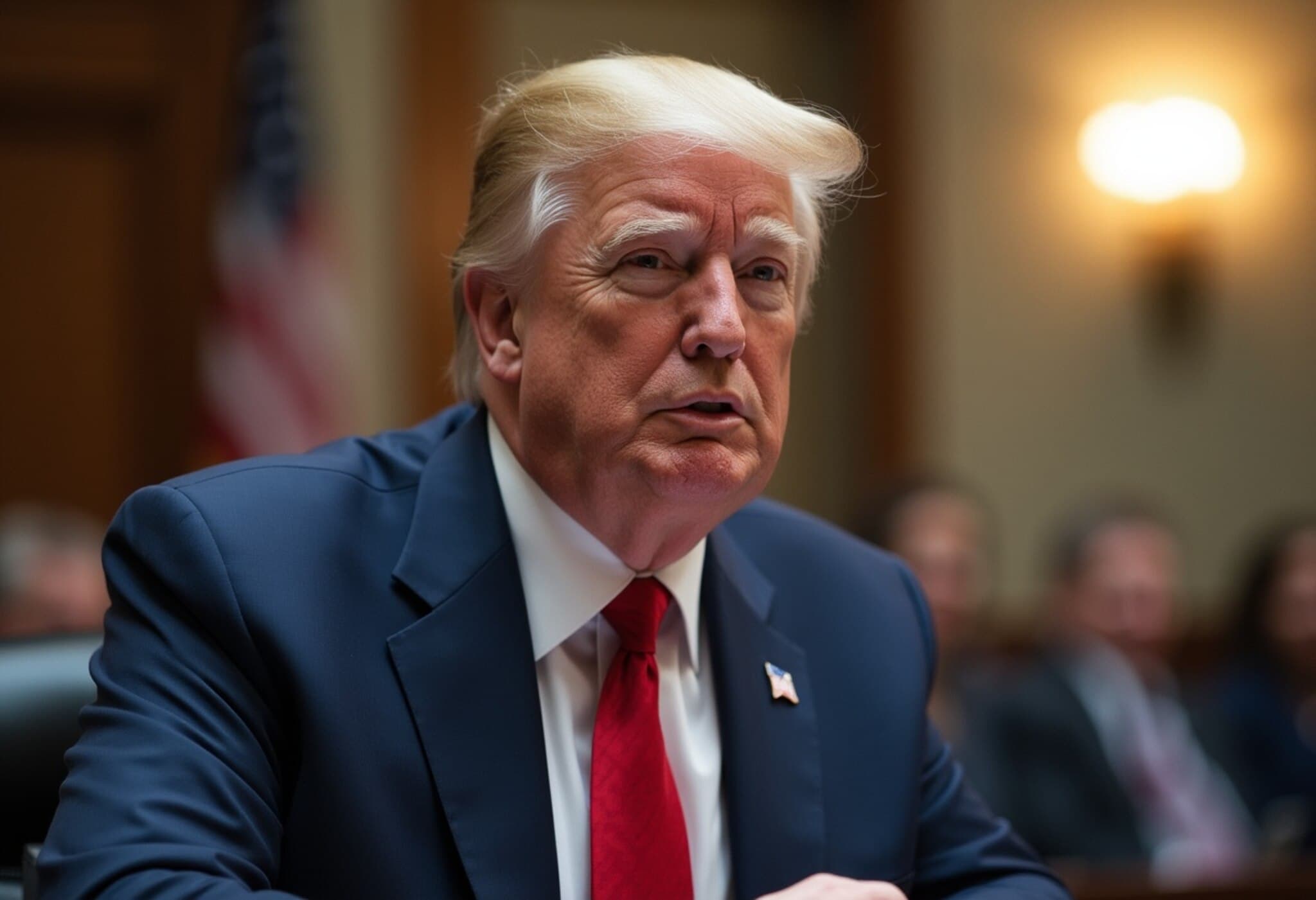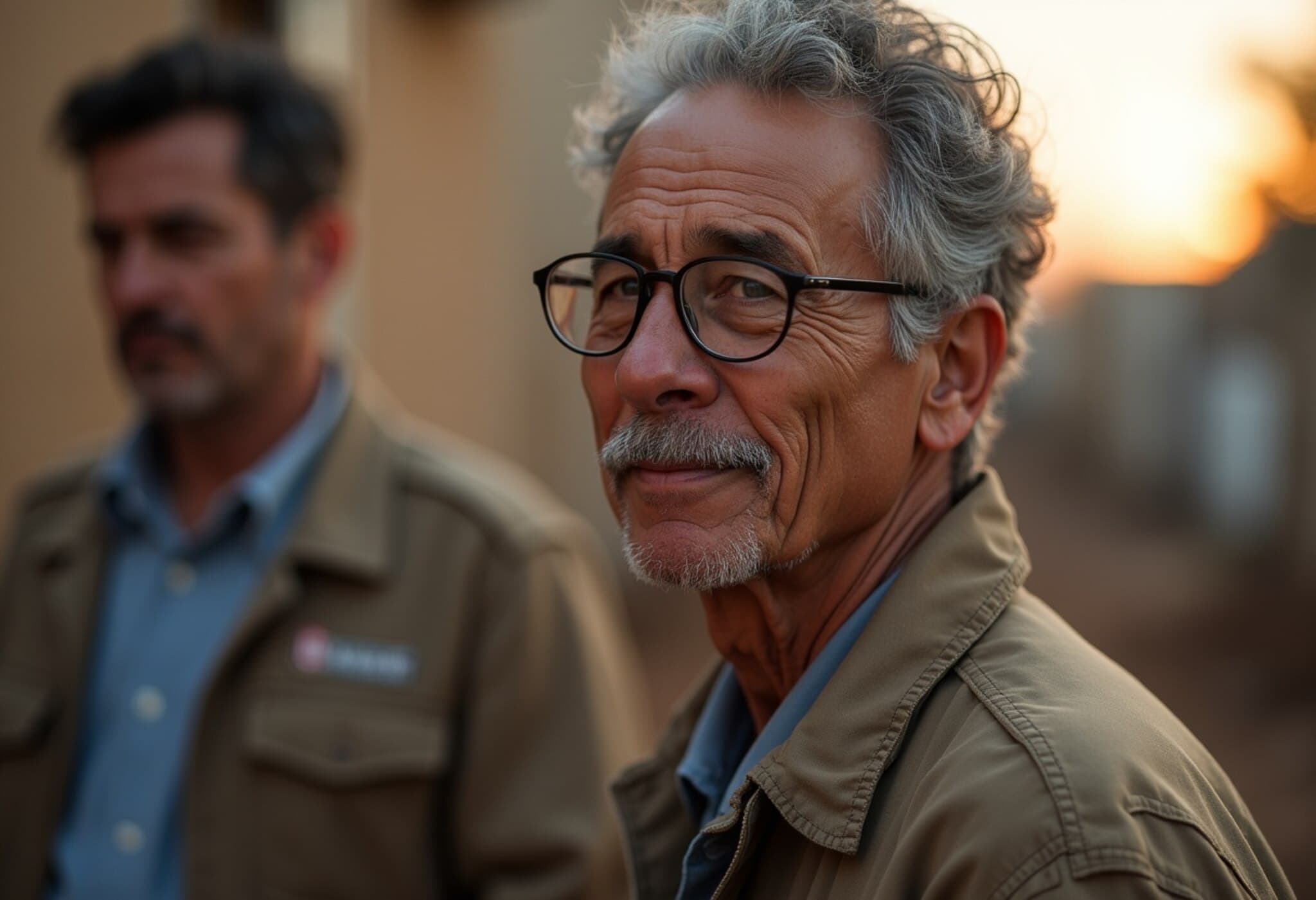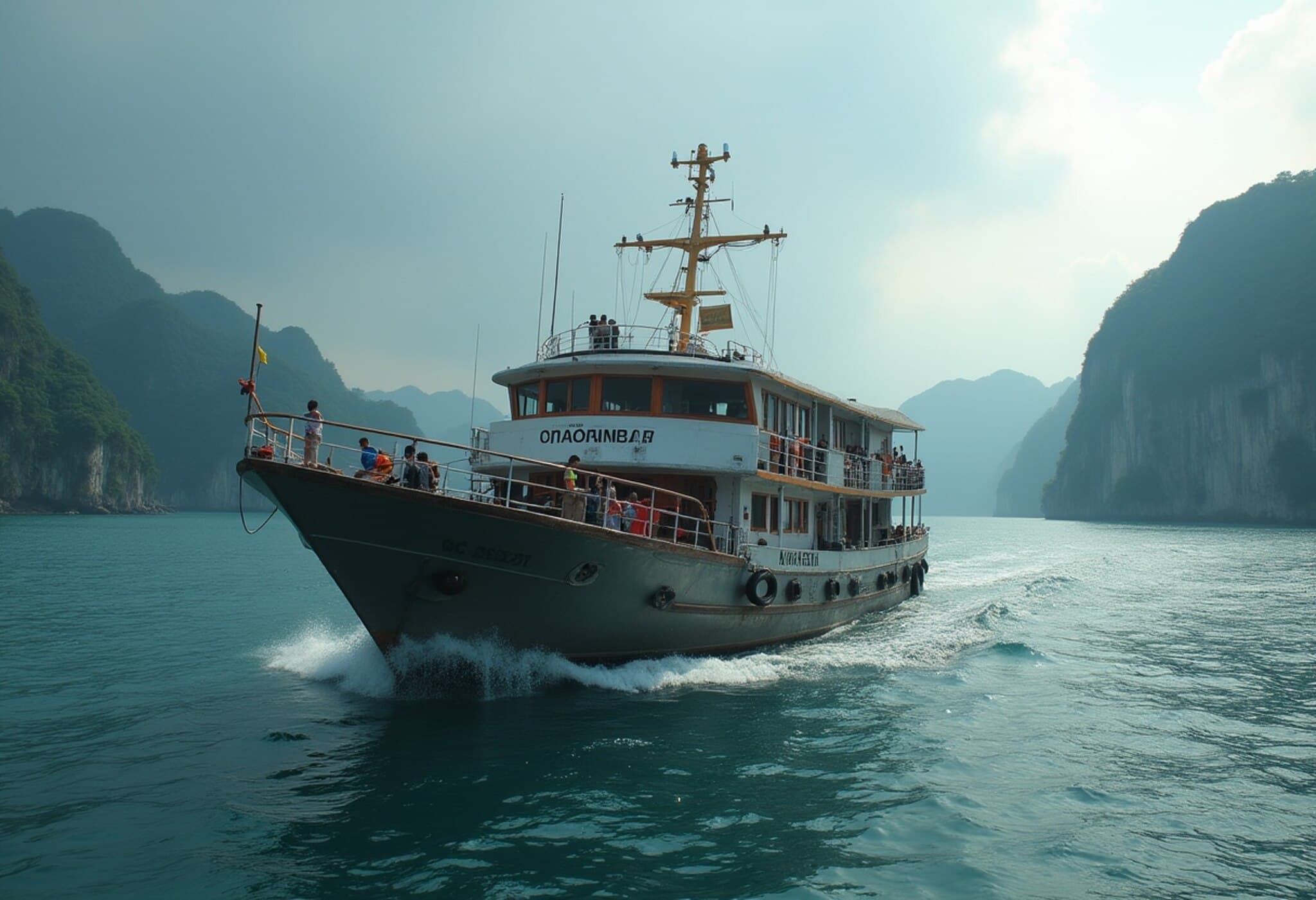Trump Administration's USAID Cuts Leave Vital Water Projects Stranded Worldwide
In a devastating blow to global humanitarian efforts, the Trump administration’s sweeping budget cuts to the United States Agency for International Development (USAID) have forced the suspension of numerous critical water and sanitation projects across 16 countries. These projects aimed at delivering safe drinking water and sanitation services have been abruptly halted, imperiling millions of vulnerable people dependent on these lifelines.
Frozen Progress: Half-Finished Projects Across the Globe
Reuters investigation, informed by 17 insiders and internal documents, uncovered 21 unfinished water projects stalled due to funding cancellations since January 2025. Workers abruptly stopped construction on essential infrastructure like water towers in Mali, drinking water systems in Nepal, and irrigation canals in Kenya. Visible signs of abandonment—unattended supplies, open trenches, and deteriorating structures—are now hazards rather than assets.
- In Nepal, more than 100 water systems remain incomplete, leaving communities to rely on unsafe water sources.
- Lebanon lost a solar-powered water utility project, undermining sustainable energy usage and costing local jobs.
- Kenya’s half-built irrigation canals risk flooding farmlands, threatening food security for farmers like Mary Kibachia, who warns, “The floods will definitely get worse.”
Human Consequences: A Crisis Beyond Infrastructure
These halted projects threaten much more than infrastructure. They strike at public health, economic opportunity, and human dignity. Access to clean water reduces childhood diseases such as diarrhea, supports girls’ education by lessening the burden of water collection, and strengthens community resilience against extremist recruitment.
John Oldfield, a water infrastructure consultant, highlights the human stakes: “Do we want girls carrying water on their heads, or carrying school books?”
Nonprofits emphasize the cascading consequences. Tjada D’Oyen McKenna, CEO of Mercy Corps, remarks, “This isn’t just the loss of aid — it’s the unraveling of progress, stability, and human dignity.”
Regional Spotlight: Conflict and Instability Exacerbate Impact
In eastern Democratic Republic of the Congo—a region already ravaged by fighting—USAID water kiosks now stand deserted, replaced by dangerous playgrounds. Local mothers recount heartbreaking stories of children disappearing while fetching water, underlining the lethal risks forced by the lack of safe water access.
In Kenya, halted projects have left open construction sites that jeopardize safety and potentially fuel instability. A confidential U.S. embassy memo warns these abandoned initiatives could enhance recruitment opportunities for extremist groups such as Al-Shabaab, which has orchestrated deadly attacks in the region.
Policy Debate: Prioritizing Domestic Needs versus Global Responsibility
The Trump administration, and some advocates, argue that U.S. foreign aid should prioritize American citizens rather than funding international projects, especially those perceived as deviating from USAID’s core mission. The water projects, however, constitute a relatively small portion of U.S. foreign aid—approximately $450 million out of $61 billion—yet yield significant humanitarian returns.
Legislation backing water-related initiatives has enjoyed bipartisan support in the past, with unified congressional approval in 2014. The abrupt reversal prompts questions about the long-term effects on U.S. global standing and the diplomatic relationships fostered through such humanitarian investments.
Signs of Recovery and Lingering Challenges
While some projects, like Jordan’s $6 billion desalination plant, have restarted following diplomatic engagement, many others in Ethiopia, Tanzania, and the Democratic Republic of the Congo remain stalled. The transition of aid management from USAID to the State Department has not alleviated the disruptions fully; Secretary of State Marco Rubio has indicated a more restrained foreign aid policy moving forward.
Kenyan community leaders urge both their government and international donors to bridge funding gaps to prevent worsening environmental and economic damage. Until then, residents like farmer Mary Kibachia endure rising floodwaters in their homes, caught between deteriorating infrastructure and uncertain futures.
Editor’s Note
The suspension of USAID water projects offers a stark case study in how geopolitical decisions ripple down to the daily lives of the world’s most vulnerable. It raises pressing questions about the balance between domestic priorities and international humanitarian responsibilities. As communities face increased health risks and destabilization, the stakes extend beyond infrastructure to touch human rights, societal stability, and global security. Observers and policymakers alike must grapple with how best to restore momentum in these critical programs before years of progress are lost.

